First, a big thank you to M.E. Rothwell for reposting and sharing my last post ‘‘Against Despair’’ this past week over at his secondary ’Stack, Apocrypha. I’m still incredibly moved and pleased by just how many people it seems to have resonated with, both there and here at Vita Contemplativa. (And if you haven’t read Rothwell’s Cosmographia, please do seek that out, it’s consistently excellent).
I don’t have much in the way of new work this week, and I have very little time to be doing much proper writing over the holidays (my graduate term papers are coming for me). But I wanted to do something, so I thought instead of my own work I’d briefly give some space to a few of the most interesting, lesser-known, or downright obscure books and writers I’ve encountered in my reading over the past year (some of which come to me through friends, so please forgive the shameless cross-promotion). All of them deserve to be better known.
Now, I recently read this tremendous piece over at my second Substack home, The Hinternet, and was once again a bit awestruck by my man Justin’s insights. For some time afterwards, I found myself ruminating about names, and the strange importance of our names, and the names we give things. So in the spirit of such namely rumination, I thought I’d share these seven great writers on the nature of names and naming—
1. Maxim Morel II (1980-Present)
From the introduction to The Poems of Maxim Morel I 1
When Maxim Morel I, a well-known architect from Lyon, died in 2010, his family found, buried in his personal trunk, a manuscript of poems which the man had written in his youth. His son, Maxim Morel II, has tried to published the poems since then, unsuccesfully.2 The following comes from his own introduction to the volume.
The names we give to things are of the utmost importance. The greatest art since time immemorial has always been the art of naming. After which comes two others: re-naming and (the most difficult and least noble of arts) un-naming.
Freud, for instance, was a great re-namer. However much we resent him or his symbolic influence, we still live in a world composed of his names for things. And if at any time we’ve spoken of our ego, our unconscious, or our repressed desires—we have behaved entirely like Freudians.
Nietzsche, on the other hand, was a great un-namer. To the degree that we battle our post-modernity, quibbling in Foucaultian terms over the unnatural constructions that formed us; to the degree that we’ve seen our past as an awful, brainwashed nightmare, to be dismembered and dis-realized—we have been good Nietzscheans.
Where Marx fits into this, I’m not so sure. Though I suspect much of my disinterest in Marxism comes from its having only one name for everything, from its belief that this name (usually Dialectical Materialism) contains all other names. Which is to say that, in a weird way, for Marxists, history is God. Nevertheless, Marxists are always insisting on the ridiculousness of the cosmological, or theological, or even the idea of the imagination as the highest kind of understanding. I remember Frederic Jameson once took the old critic Northrop Frye to task, for stopping at the “fourth stage” of the cosmological in his account of literary function. Since what could be larger than the universe itself? The dialectic, of course.
Marx is just such a single-minded name-giver, bequeathing his name to all subsequent dialecticians, ensuring the dedicated and ongoing ritualistic repetition of it. It has become its own old tribal reality. And to the degree that we have siloed our thinking into individual terms, reading history as a definable process (instead of, for example, as many overlapping waves), we have capitulated to a fundamentally Marxian, if not an outright Marxist, view of the world…
2. Nadia Biedermann (1860-1960)
From Psychoanalysis and Secession: Vienna 1900
A remarkable but little-read writer on the fringe of the early Viennese psychoanalytic circles, Biedermann knew Freud personally, even undertaking analysis with the man for a short time. Her book is almost impossible to find these days, out of print for at least two decades. She had some wild ideas, essentially leaving Freud behind late in life for a kind of Kabbalistic theosophy. Still, the sheer wealth of her first-person reportage on the atmosphere of the fin de siecle is incredible.
But that was never the problem with Freud. The problem with Freud was that he was too willing to revise. He had too many scientific aspirations. Had he perhaps been less willing, I think he may have eventually come around to the deeper truth, which was that rather than hindering him, his Jewishness had helped him uncover what he uncovered. He may have finally realized that he was in fact searching for the God of his forefathers, and that this God was also searching for him. He may have seen the truth of the stories he had been raised to doubt. He may have been cured of his search for a cure.
No, Freud was not trying to discover new names for these things. He was trying to recover the oldest names for things, yet he did not realize it. His genius was the same as our genius has always been—a genius for recovering and protecting ancient names. He was allied by his nature to the genius of Adam, who was given the right to invent all first names (save his own). But as the ancient Hebrews knew, we must be wary of the names of things. Names confer immense power. The name of God above all. The Hebrew language is a mathematical labyrinth of possible names, and the Kabbalah has long known how to decode these ancient names for things. Freud may have been doing the greatest service to his own people—far more than he could have imagined—by discovering these “new” names, thereby preserving the ancient ones from real discovery by the coming horror so many of our people were headed towards.
When I told him something like this in London, right before he died, I remember he laughed ruefully and said, “Yes, Mrs. Biedermann, wouldn’t it be just like that sly old Yahweh to pretend all this time to be nonexistent, only to show up at the very last minute, and make me a fool on my deathbed!”
3. Jean-Claude Clouzot (1925-1974)
From Le Beau Primitif
One of the great forgotten midcentury Parisians, Clouzot was essentially too many kinds of Frenchman to fit in any one category: he obsessed over anthropology but was too much an acolyte of Levi-Bruhl to make it in the 60s; he knew Sartre and Foucault; he might even be considered a kind of Existentialist memoirist, since his travels and old-fashioned ideas about “primitivity” and “pre-civilizational” peoples always served as a way to reflect on his own agonized modernist self-consciousness. Frankly, Le Beau Primitif is so weird and so good, I’m not really sure why the NYRB Classics imprint hasn’t picked it up yet. It’s perfectly in their wheelhouse.
The most difficult thing in life, however, is to live without a name. I knew a man in Borneo who lived forty years without a name. He never told his original name to anyone, and he had lived long enough to forget it himself. Whenever anyone would attempt to give him a name, he would disappear off to his hermitage for a few months, only returning once he could be sure everyone else had moved on. In this way he had gone a full four decades without ever going by any lasting name, and eventually the nearest villagers had learned to simply refer to him as “that fellow,” or “this fellow here,” whenever he happened to come into town.
When I finally asked this man why he wished to live this way, wondering if perhaps it was out of some kind of religious-minded asceticism, that perhaps he was reserving his true or secret name for God alone, he responded, very plainly: “It seemed to me since I was young that every argument between people is over what to call a thing; I’ve seen men kill other men because of what they called each other; I’ve seen villages burned down, all because the tribe there had a certain name, and not another. I figured that if no one ever knew what to call me, they would never have a reason to fight with me. If they could never name me, I’d be free to be myself. And yet, as long as everyone else had a name, I’d never risk being mistaken for another.” Of course, I asked him next, “Who are you, then? Who is that self?” His response was, “I am the man with no name, and there is only one of me.”
4. Lady Shuzhen Li (c. 1200-c. 1240)
From The Diamond Table-Book 3
Li Shuzhen is a recently re-discovered Southern Song Dynasty poet and diarist: she hasn’t really made her way West yet (I’m sure we’ll have to wait for the Oxford World Classics or the Penguin/Random canonization in 10 years before people start reading it). But in China, her work has become a very important dynastic—even feminist—reclamation project. I know no Chinese, but Emma’s translations are lovely, clear poetry in themselves. The Diamond-Table Book has become one of my first touchstones for diving into medieval Taoist poetry.
What men call a name, Women call a long dream about one’s lover, Since only men would be foolish enough To say a name is more real Or more important than A beautiful dream. Ten thousand thousand dreams are more beautiful Than ten thousand thousand names of men, Or names invented by foolish men. Reach out and try to grab a name— What is it? Can you touch it? No more than you can touch A dream about your lover. If you dream about your lover, And you reach out across the bed and touch him, Then you are touching the thing Which you are dreaming of, And this is something you can never do With a name.
5. Federico Gonzalo Las Heras (1911-1944)
From Mallorca
Though in America it’s always been ignorantly lumped in with Borges and Cesares on the one hand, and Latin American magical realism on the other, this divine Spanish novel is manic modernism, plain and simple. In it, a Spaniard named Miguel Bermúdez slowly goes insane upon deciding to learn the name of every color in every human language, compiling it all in a never-ending work he calls his Chromoglossia. I’ve written about its famous origin story briefly before (translated, really, from the scholar Henri-Antoine D’Aureville, whom you can read telling the story here).
This is how the letter went:
‘‘The trouble with the names of colors—something you might not even consider at first—is just how many are synonymous with other things, or how vague some concepts of colors are. Consider our Castillian colorado and the coloratus of classical Latin. Depending on the context, each may simply mean ‘‘colored’’ generally, as opposed to black or white. Some languages, I have discovered, barely contain any words for colors besides those two: white and black; light and dark. You will perhaps be familiar with stories of Inuit languages which have incalculable numbers of names for white, living all their lives, as they do, in the ice and snow.
“Yet there are still more difficulties to be found, searching for the infinite names of colors. Take the example of Russian. Two words in that language, krasnyy (meaning red) and krasivy (meaning beautiful) come from the same original root. Does this mean that the Russian, upon exclaiming that something is beautiful, has, deep in his unconscious mind, an association of beauty as inherently red? Does he implicitly associate redness with the fullest expression of beauty? How can we know these things about other peoples, when our own grasp of color is so slippery and tenuous, plenty among us are functionally, as they now say, color-blind? I fear, my friend, that in seeking to discover the qualities of color, I have merely discovered a bottomless well of impossible difference. Could it be that the names we give these various smatterings of light reveal something of the structures of our minds? Or worse—that they reveal how alien to each other our minds may, by centuries of acculturation, become? I shudder; I pass over to the next difficulty; but the original obstacle remains, and I fear I will not find anything but this endless, exhausting difference.”
The next few letters seemed similarly harried and fretful, until at last I received a series from him filled with the most beautiful, excited language. He had finally done it, he said. He had begun to crack the code. The work he was doing was the finest and best he had ever done, he had never been so sure of anything. Yet when I received the first sample of the work from the copies he’d made, I realized with a terrible sadness that my friend had compiled only nonsense. I couldn’t make sense of a single thing he’d written. This was the beginning of the many troubles of Miguel Bermúdez.
6. Seiji Yamamoto (1822-1880)
From The Education of Akita
Akita is yet another East Asian novel in need of reprinting in English. Though in all honesty, this would’ve probably been a difficult ask over the past decade, given that the tenor of the novel (a Rousseauist autobiographical education narrative written by a young Japanese man in thrall to Enlightenment British and French writers) tends to offend both the current Western academic shame over Eurocentrism and the Japanese discomfort with their old Western-modeled imperial project. For me, though, it’s a fascinating lesson in the impossibility of simplifying narratives of cultural transference and appropriation.
“What is my name? Shout it. You have made a noise. Am I the noise? Did I come into being when you made the noise? Did I cease to be when the noise ceased to be?”
So the professor would begin our lesson, with this or some other such provocation. Yet with our professor I discovered that it was different. It wasn’t at all like the Koans I had heard, second-hand, from young students of the local Masters. With our professor it was deliberate, and I felt that his philosophy had a greater and more impressive point. So I began to understand. For the first time in my life, I began to put to words my discomfort, and my exhaustion, with the world of Zen. I had strained at its concepts from the time I was boy. Now I was 16. The world was beginning to open. Our professor had sought out books and philosophies from the West; he had traveled widely, and had even learned to read English and French. He showed us the beautiful editions of the books he brought back, crossed over by these strange and alien alphabets. Books like Richardson’s Pamela, and Locke, Voltaire, Rousseau, and Malone’s Shakespeare, and above all, our favorite, Robinson Crusoe. I knew then that I would try to learn these languages, too. I would learn to see the world somehow through Western eyes. There would be no more strained wish for Satori for me. I would try to understand the world, the way these philosophers had, the way of the furious, crazy men who built these magnificent boats and crossed whole oceans in pursuit of some deeper knowledge.
Because his tidings from the West were not well received in our city, our professor could not call his lectures “New Philosophical Discourses,” but had to call them “New Japanese Discourses in Philosophy.” We, of course, knew what he was truly teaching. It was not long before I read Locke’s theory of the Tabula Rasa (that strange Latin word: how truly blank it seemed to me, then, with no sense of what the old Latin could mean). I realized that but for the accident of my birth, I might just as easily have been an Englishman, or a Frenchman, and therefore not Akita. How strange my name seemed to me, then: Ah-Key-Tah. Anyways a better name for our prefecture, not for the boy I was. Could the boy I was be contained by these three syllables? To my parents, to my siblings, and my friends, perhaps it could be. To them this was what I was. What I had been given to be. But I knew then, as I had never before known anything, that it was in fact not who I was. Whoever I was, was as accidental and arbitrary as the wind. This was my Satori.
7. Jakob Meier (1899-1943)
From Towards a Sacred Metaphysics4
Among the most misunderstood philosophers of the early twentieth century, Meier is the ultimate anti-Heidegger: a child of Kierkegaard and Spinoza, proponent of a prophetic and quasi-Messianic Jewish Gnosticism. I almost hesitate to even call him a philosopher. Like Simone Veil, he’s a mystic with a classical philosophical vocabulary and a few bones to pick with Western tradition. This was his last work, his opus, left incomplete when he died, after being deported from his native Denmark to a Nazi concentration camp at Theresienstadt in Terezin, Bohemia (now the Czech Republic).
Λόγος, Geist, Sein—we have created such powerful names for our deepest name. For the name-which-is-beyond-all-naming, the so-known Ultimate Name. But halt, listen—the name which is on the wind is not a human name at all. It is no simple language. Does the dog answering his master’s call know that the sound his master makes is his name? No: the dog has no such human conception of possession. The dog does not know that this is his name. It is a sound his master makes, and for the animal this sound means only ‘‘come.’’
It is the same, as across the fallen universe, the God within calls to us. ‘‘Come,’’ it says. ‘‘Come to the home I have made, to the table I have set for you.’’ And yet what do we hear? Do we know that it is our name that this God is calling? It is our deepest name; the subterranean, dis-conscious sound which our soul or psyche contemplates in its quiet hours. It does not speak language, though saints may hear it as such. It comes from beyond the Word: it comes from some plenum. “Come,” cries our Master’s voice, and we hear the call but do not know where from. We do not know that it has spoken to us our name, for we did not know the name was ours. And yet it was: from our first squealing birth, torn from perfection, loosed into a narrow cosmos bounded on all sides by suffering and void, we were given the gift of the name-which-is-beyond-all-naming.
Λόγος, Geist, Sein—whatever name we give to this truth of being, to the pneuma which undergirds our selves and souls, in all this gross material existence…this truth remains beyond expression. Our science, our poetry, our priestly activities—all testify to the fact that we know this. From beyond our conscious life, we know, and we seek. We seek the truth of our deepest name: if we did not know it was there, we would not have the urge to seek it. If we did not see, somewhere deep in our inmost vision, that there was “a divinity that shapes our ends” (to quote my beloved fellow brooding Dane), we would not seek so hard for answers. And though perhaps we are destined always to seek but never to find it, in this fallen world, we have at least the sense, the phenomena of our sense, that we have been given a divine name, and thus tasked with finding out what it is.
I should confess that Maxim is a friend, and I’m similarly invested in his finally publishing the English translations. Since he’s gone to do historical research on the Turkish coast for a year with our friend Jules (who along with Maxim is seriously one of the best poets I’ve met in my own generation), they’ve both left me in charge of submitting and fielding their queries to magazines and agents; and let me just say that I have learned so much from it. Mostly that the poetry mags and editors of our contemporary Anglophone scene are the least discriminating people with the worst taste in the world. Seriously, have you looked at any poetry journals recently? Honestly, the stuff they publish, I’m not surprised people are starting to prefer AI-generated crap. Imagine having a backstory as good as Maxim’s and barely even getting a single editor to read or consider—all because the poems don’t read like Tumblr or prose-paragraphs or trauma confessionals about the pangs of identity!
No, seriously, death to poetry magazines. Hell, literary magazines, too. When was the last time even the Paris Review published anything remotely great? While we’re at it: death to MFA programs, too, and to all the writers conferences, and the ideology of “Creative Writing” itself, and the hubris to think we can teach it! I won’t weigh in on the recent Substackian Editor Discourse, cause editors seem a natural and often necessary thing to me. But the field for writing and publishing basically anything but novels and non-fiction is so devoid of spirit and genius, it’s no wonder these journals and magazines die off as soon as their institutional money drip dries up.
I should admit I also know Emma, through my roommate, and so have access to her translations, which were only recently published on a very small subsidiary imprint of Cambridge Press, and which one can barely even find online without some kind of institutional access. As Emma and I have spoken about, another part of the contemporary situation which we would love to see die is that necessity of said institutional access in order to read the web versions of scholarly books: even the average person should be allowed to purchase something like a new translation of The Diamond Table-Book for much less than £70, whether in physical or digital copy. Either we believe in the democratization of information, or we don’t.
Again, I must admit that I’m relying on a friend’s translation here, since most attempts at English translation in the previous century were spotty, many downright bad. Maria Theresa is the nom de plume of another great poet I met recently, bonding over our shared love for Meier’s work (she lives in New York and is, I believe, vaguely Dimes-Square adjacent; she told me when she sent me this translation that she writes everything under psuedonym so as not to piss off too many hip Manhattanites, which I certainly understand). She even has her own poetry Substack, she just prefers that I not spread it around too much. I’m trying to convince her to let me repost some of her work, which is often absolutely bananas and all written under what she calls “the hypnotized influence” of her “poetic mother” Marianne Moore. Whatever it is, it’s brilliant, and I want to share it with more people. Please comment if you might be interested; enough comments and we might just convince her to let me do so.

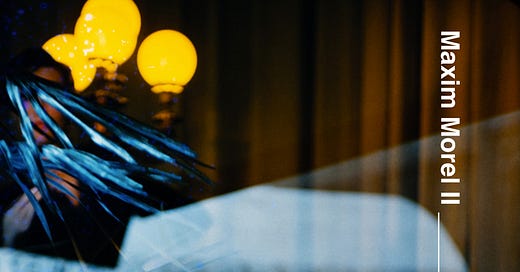



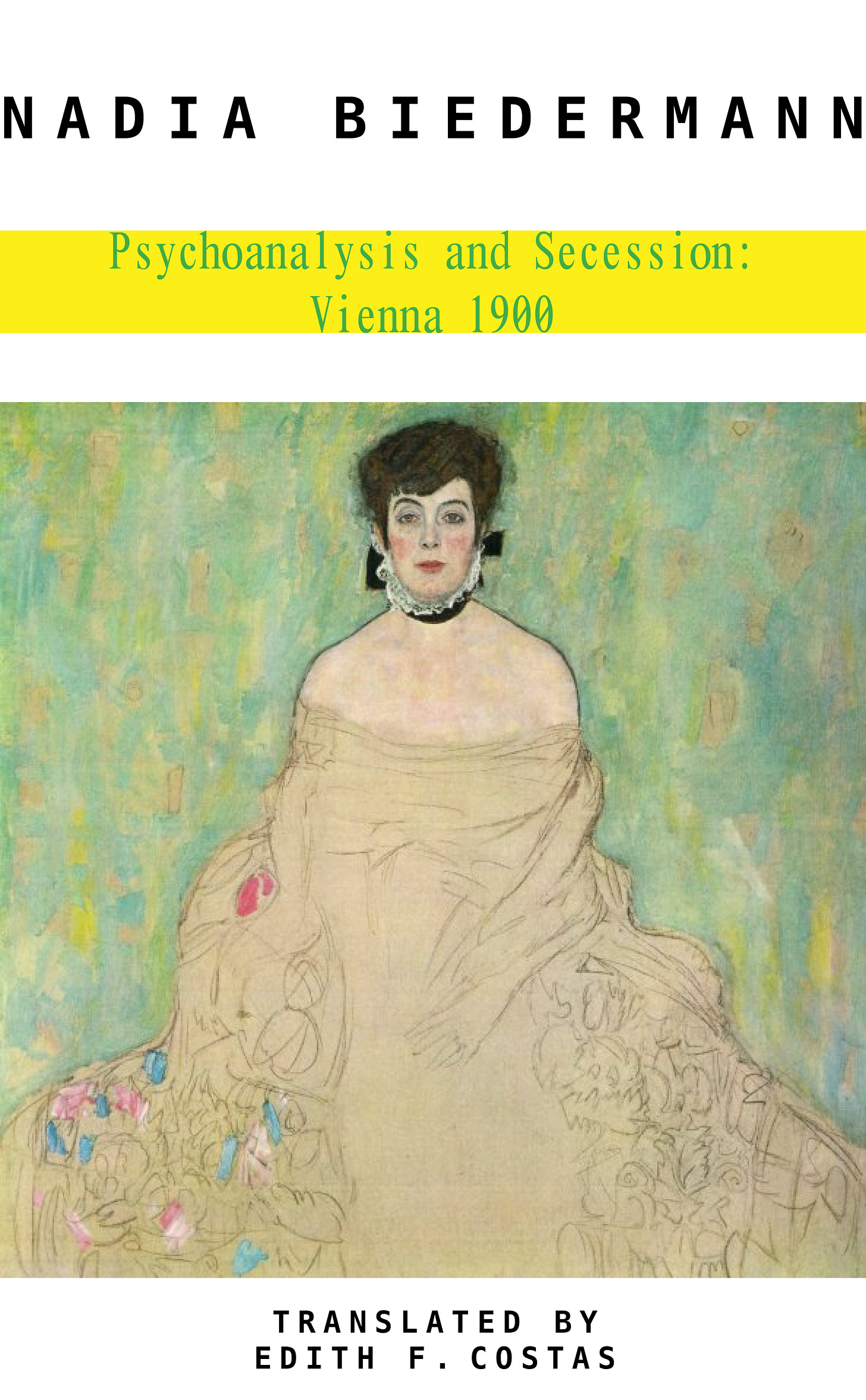

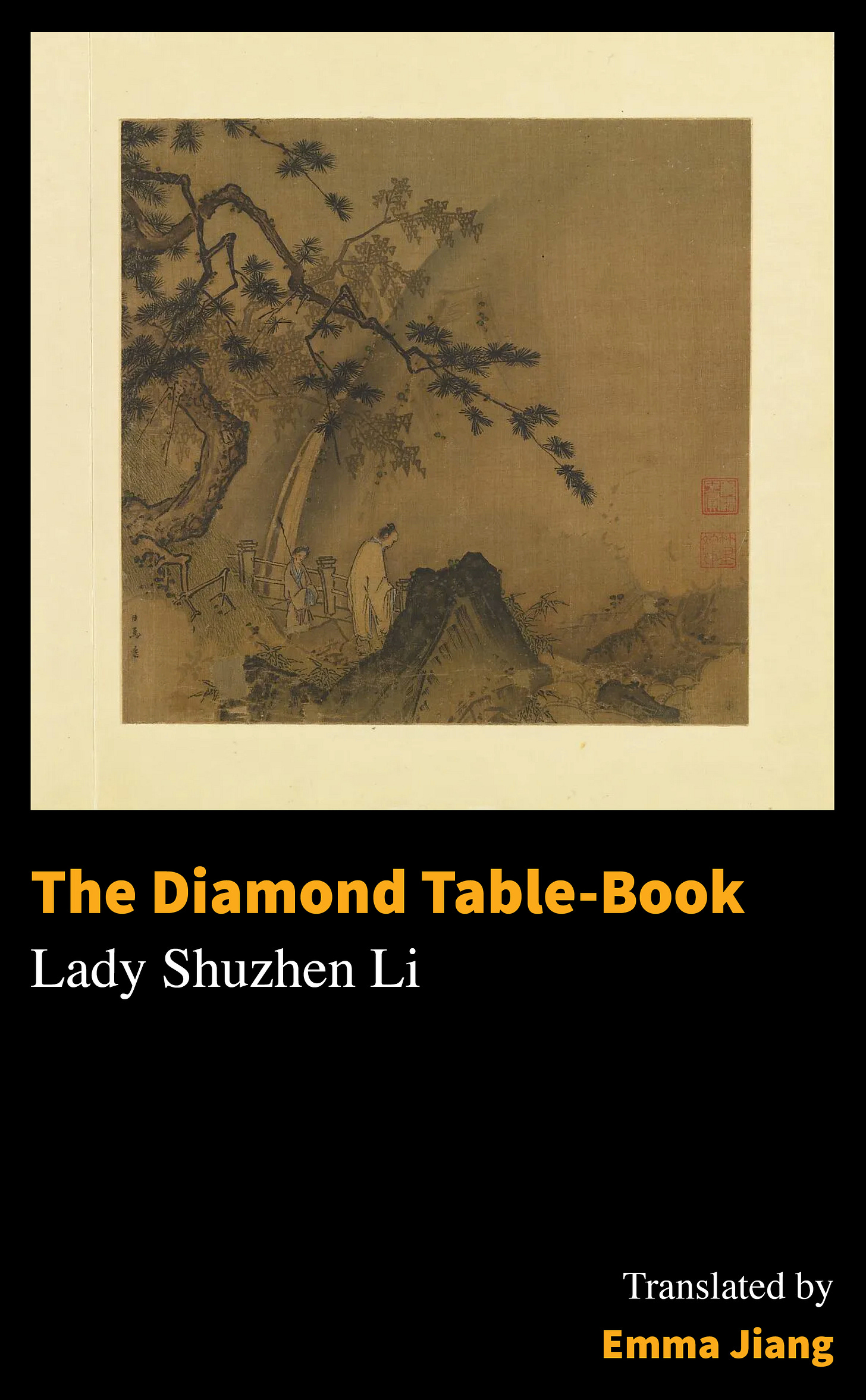
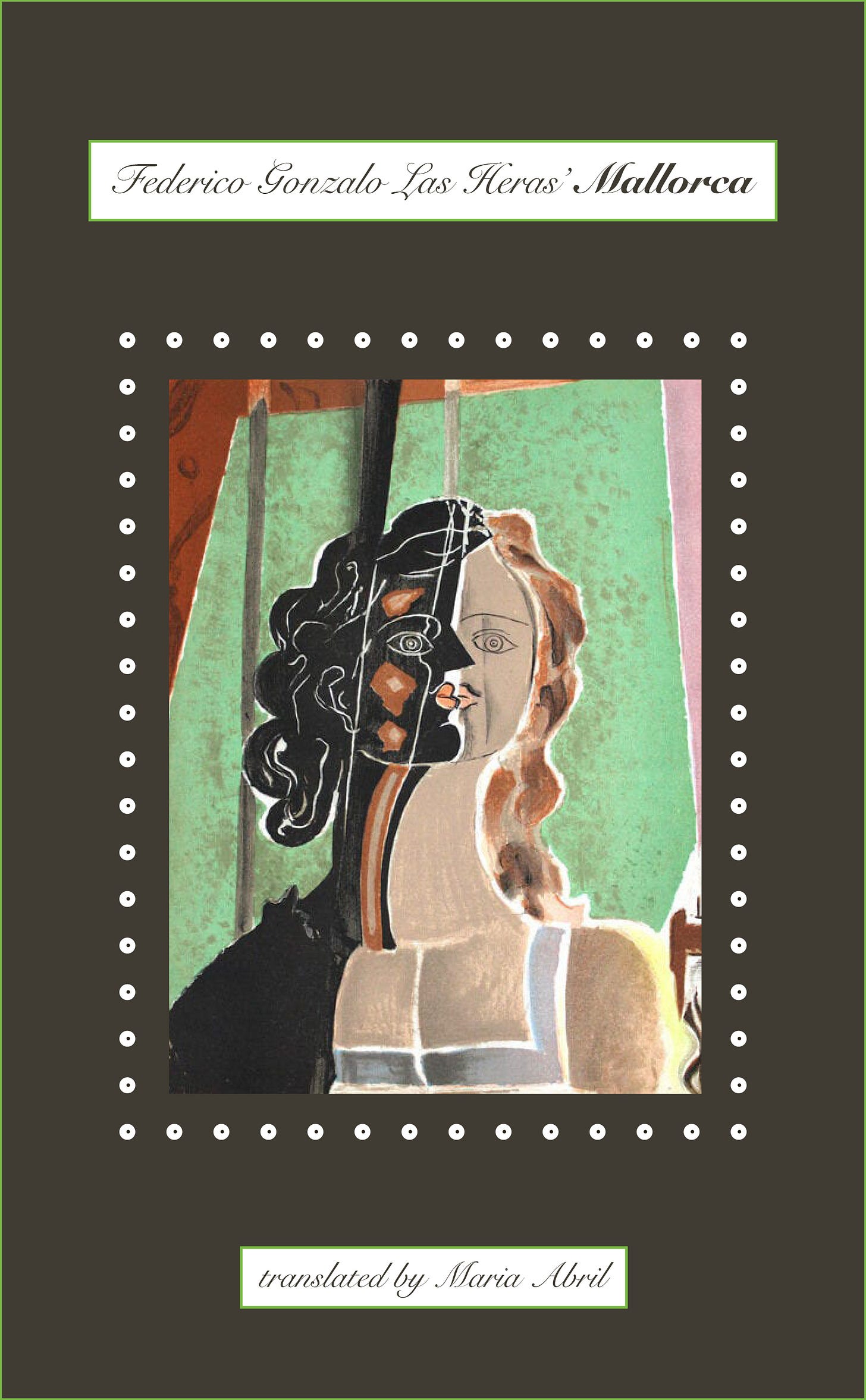
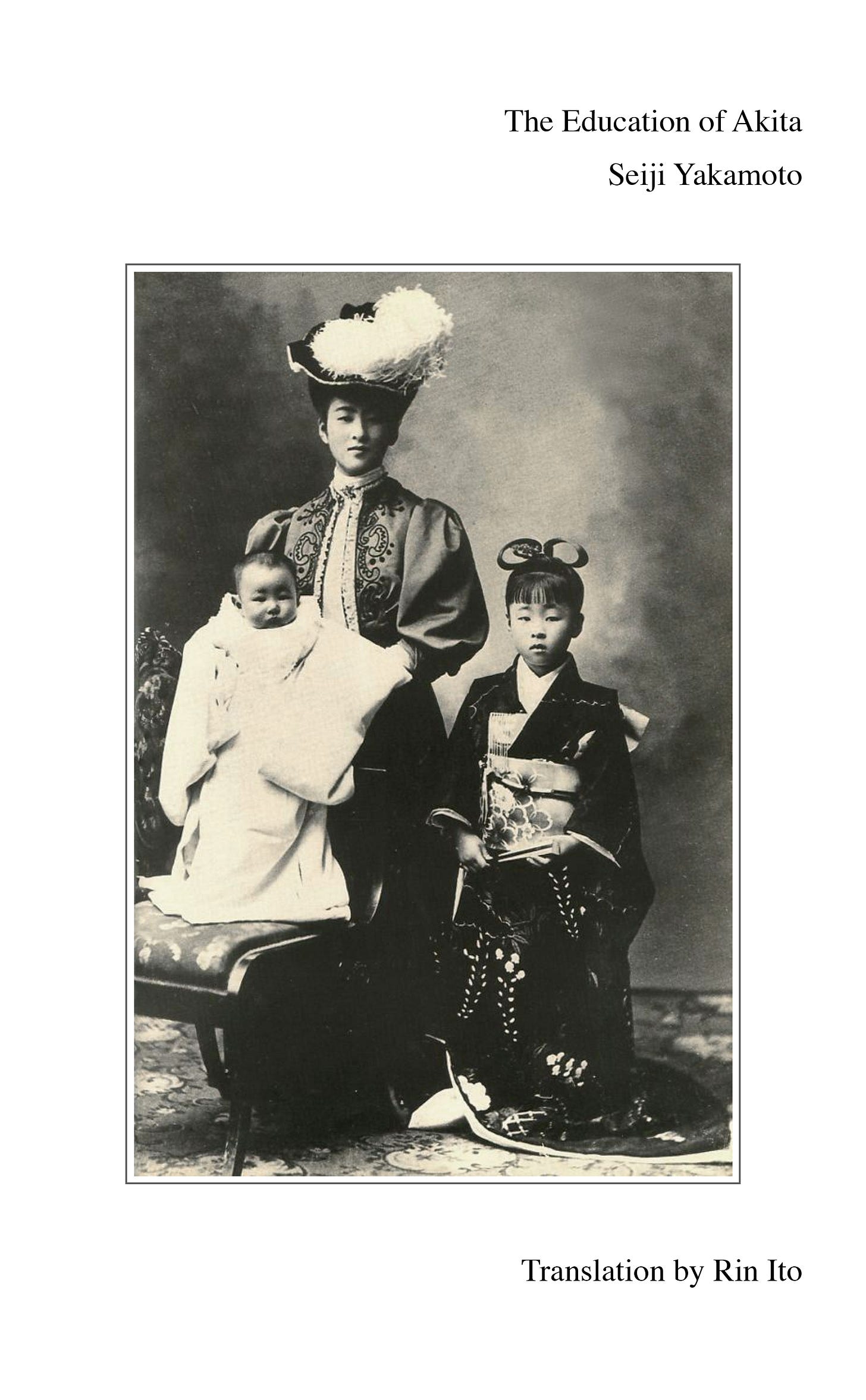
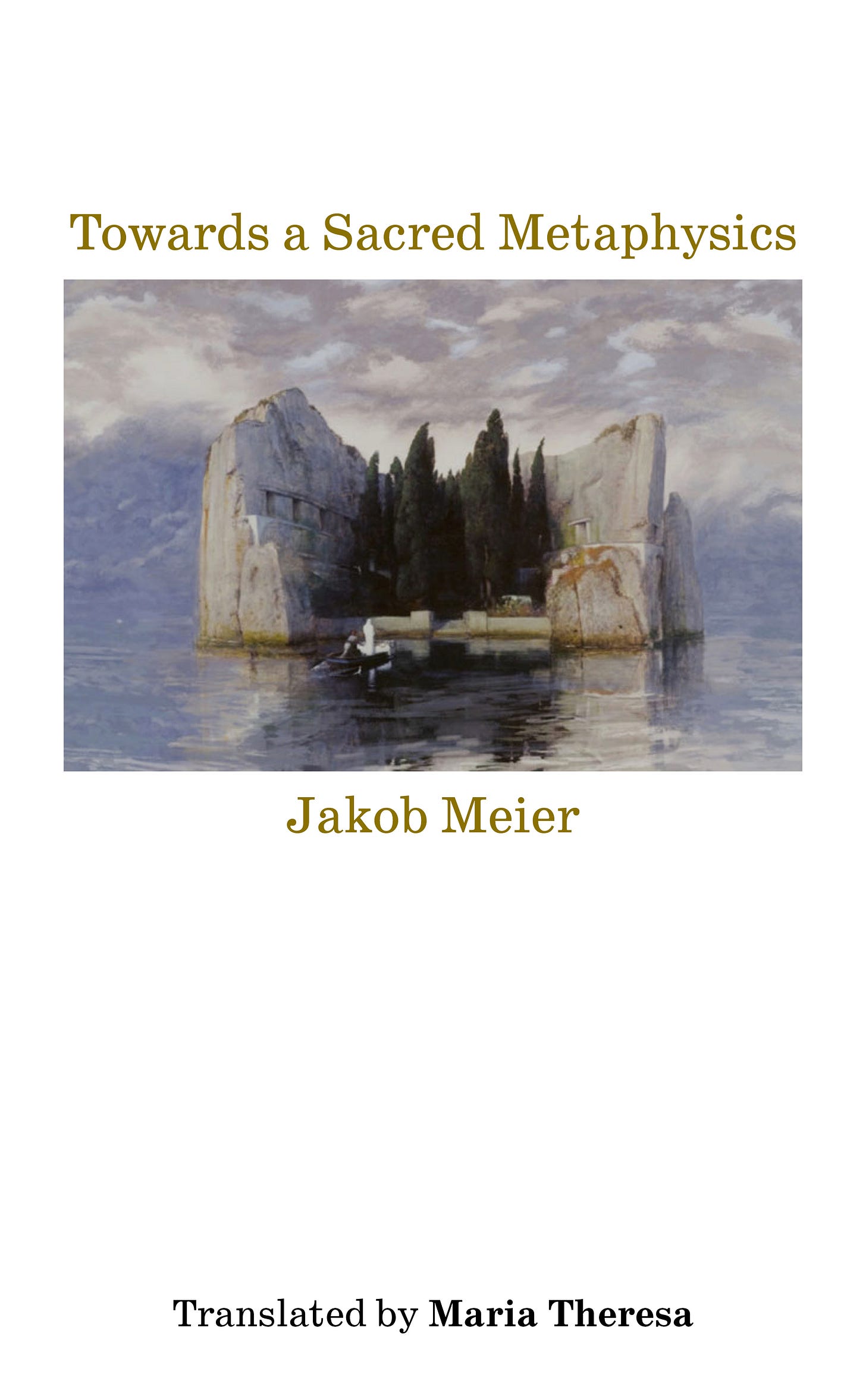
Would love further direction to find “Towards a Sacred Metaphysics” as well. The google trail is cold…thank you for this gift of wonders!
I am haunted by the fragments from Nadia Beidermann, Shuzen Li, and Jacob Meier, but I have no way to access the whole! D-:
If there is any way to share Emma or Maria Theresa's translations, I would be very grateful.